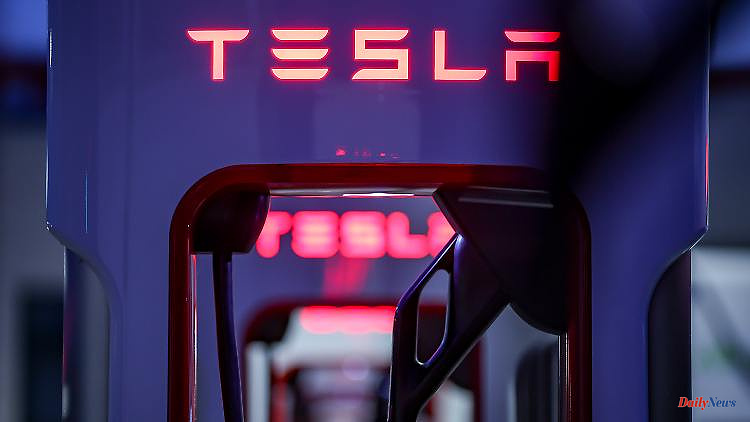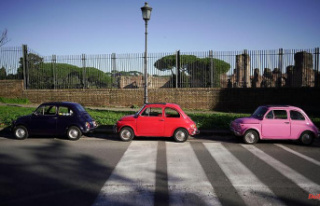With the Tesla models 3 and Y, there are always software errors. There are defects in both the emergency call system and the brakes on the cars - including vehicles from the new factory in Grünheide. Tesla is also struggling with a number of challenges due to the corona.
At the US electric car manufacturer Tesla there is another recall campaign due to a software malfunction. As the Federal Motor Transport Authority published on its website, Tesla has to fix a software error in 59,129 Model 3 and Y vehicles worldwide that is causing the e-call system to fail. A software update from the manufacturer should remedy the situation.
Cars built in 2022 are affected. Tesla's Model Y will be manufactured at the new factory near Berlin, as well as in Fremont, California, and near Shanghai. The Federal Motor Transport Authority can only order a recall in Germany. The German authorities had found a fault in the emergency call system of the cars. In the event of a serious accident, an automatic call should be made to 911 in the United States or equivalent in other countries.
Tesla has had to initiate a number of recalls in the United States in recent months. Most of them were related to software problems that can be fixed via updates. So there were errors when defrosting the windshield. There was a risk of the warning signal failing when driving without a seat belt, and the software was also unreliable when braking.
Tesla recently faced a number of challenges in Shanghai as well. After corona-related production downtime, the series of quarterly records for deliveries was broken. The electric car manufacturer brought 254,695 vehicles to customers in the second quarter. In the first quarter it was still a good 310,000.
Tesla referred to "challenges in the supply chain" and plant closures over which the company has no control. Compared to the second quarter of last year, with a good 201,000 cars delivered, there was still growth. Tesla boss Elon Musk had recently shown himself confident that production would pick up again over the course of the year. The 3 and Y models continue to account for the majority of deliveries.












